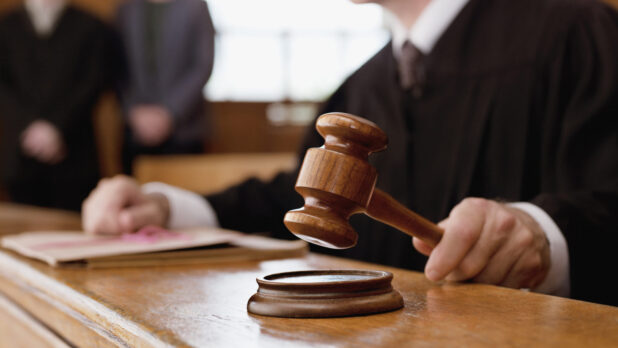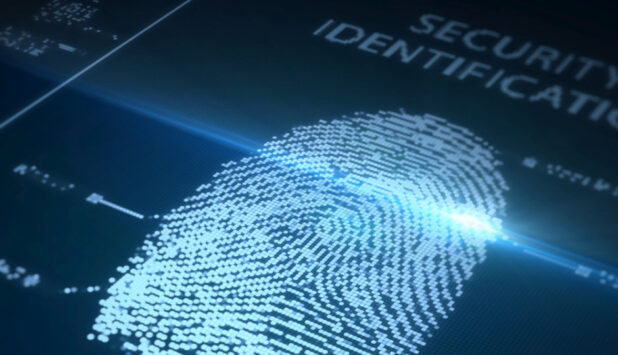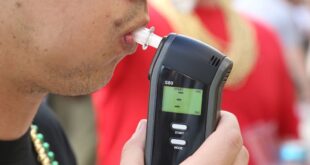When seeking criminal convictions against defendants, many prosecutors in Pennsylvania use evidence that is on the verge of being weak or is weak altogether. However, when an aggressive Pennsylvania criminal defense attorney investigates the case thoroughly, this evidence can often be thrown out of consideration, and the prosecution’s case against the defendant can be dismissed. When police officers are attempting to gather evidence, specific regulations apply, and those rules are routinely broken or completely disregarded regarding the defendant’s right to privacy and the right not to incriminate themselves.
Many law enforcement officials even fail to “Mirandize” some of the defendants, a legal technicality that can be used to throw out the evidence. Listed below are some of the more typical factors that can have an effect on the outcome of criminal prosecution. Discuss your case with experienced attorneys at josephlento.com
Table of Contents
Evidence admissibility

Whether evidence should be admitted into court is one of the first questions that must be answered about evidence. Officers frequently employ the “plain sight” criterion even when there is no application of the plain sight rule, leading to a relatively high number of illegal search and seizure incidents. Officers might be subjected to cross-examination during a trial, which frequently reveals that the officers did not have reasonable suspicion to search the area.
The veracity of the witnesses
Personal testimonies from witnesses, other than those provided by police officials, will be required in many criminal prosecutions. The evidence of these witnesses must all be trustworthy in order for it to be considered in the final case determination. This might be particularly crucial when a case goes to trial. Witnesses that may have a payback motivation are especially problematic, and this might be disclosed during the questioning process that takes place in the courtroom.
Insufficiencies in electronic evidence

When a suspect has been identified through the deployment of surveillance equipment, the prosecutor will often make an effort to use video evidence. The truth is that video evidence can readily become tainted and erroneous, even though it is lauded as infallible. This frequently leads to police lineups of persons that could easily include suspects who are not the actual offender. Even forensic evidence can be called into doubt in this context, as can the use of evidence acquired by blood alcohol breathalyzers that are not functioning correctly or that have not been calibrated under the schedule.
Conclusion
It is clear that there are a variety of factors that influence court proceedings and decisions. Evidence is an important part of the judicial system, and has the potential to substantially shape a case’s outcome. The type and quality of evidence presented to the court play a critical role in determining whether a party will be successful in litigating his or her case. Additionally, the credibility of witnesses greatly affects court proceedings as well as various other matters, such as jurors’ comfort level with parties involved in a coverage dispute.
Furthermore, it is essential for effective advocacy to ensure that all available relevant legal rules are known and properly applied by judges when rendering their decisions. Finally, cultural and demographic factors have become increasingly influential when evaluating evidence on appeal because they acknowledge the diversity of society. Ultimately, legal professionals must recognize these various elements when preparing cases for trial or appeal.
 World Magazine 2024
World Magazine 2024






